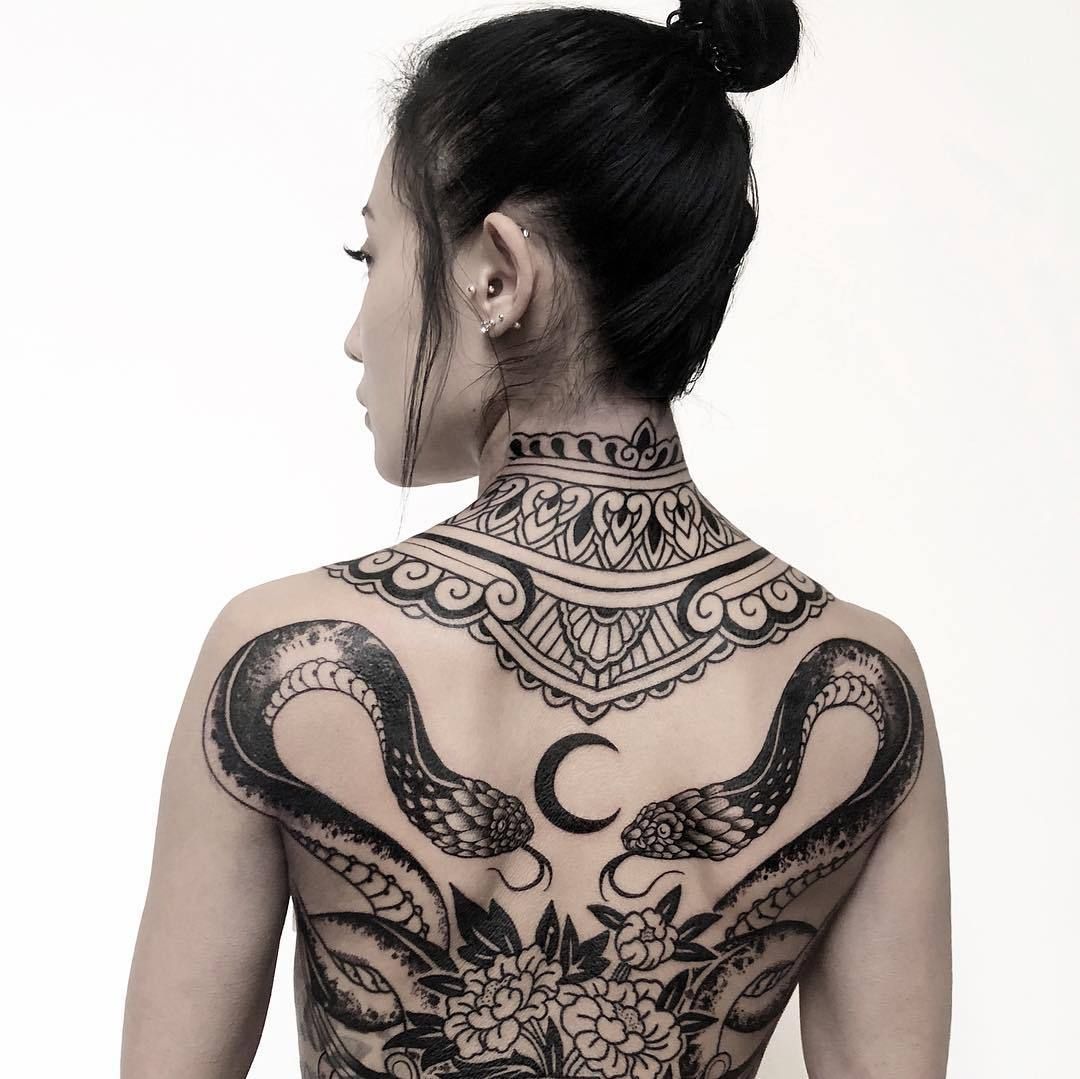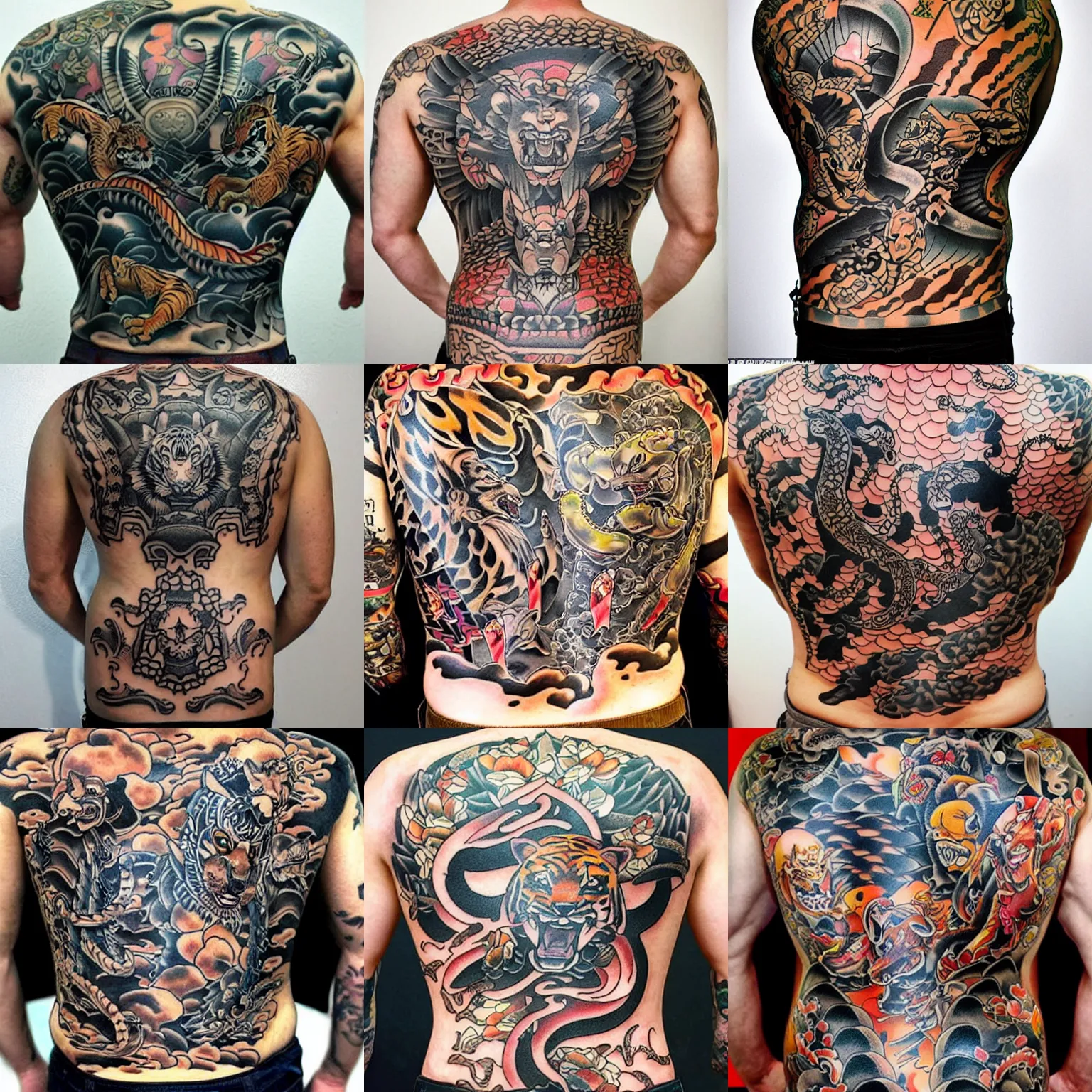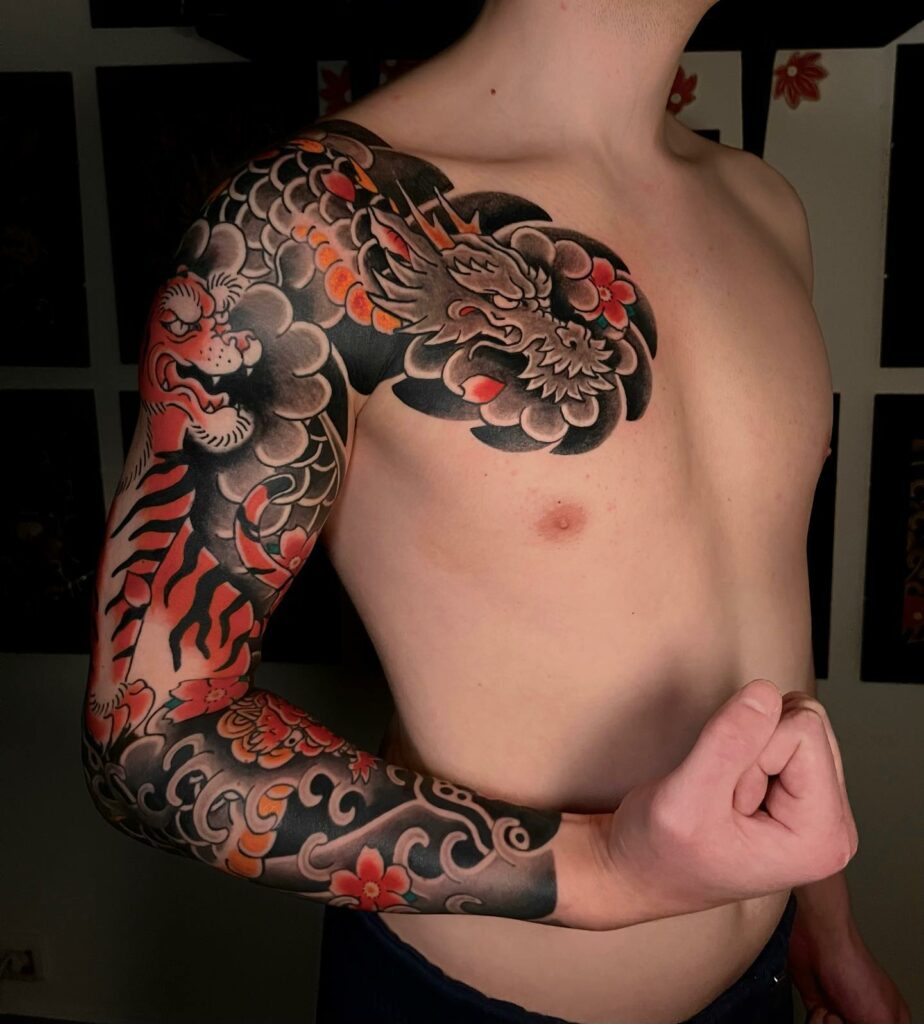Yakuza Style Back Tattoo - Chest tattoos are usually for core values, and then arm and legs tattoos. Yakuza tattoos, also known as irezumi, have a long and storied history in japan, dating back to the 17th century. Back tattoos (senaka) are like a mark of loyalty for something special.
Back tattoos (senaka) are like a mark of loyalty for something special. Chest tattoos are usually for core values, and then arm and legs tattoos. Yakuza tattoos, also known as irezumi, have a long and storied history in japan, dating back to the 17th century.
Back tattoos (senaka) are like a mark of loyalty for something special. Chest tattoos are usually for core values, and then arm and legs tattoos. Yakuza tattoos, also known as irezumi, have a long and storied history in japan, dating back to the 17th century.
La imagen puede contener una o varias personas y personas de pie
Back tattoos (senaka) are like a mark of loyalty for something special. Yakuza tattoos, also known as irezumi, have a long and storied history in japan, dating back to the 17th century. Chest tattoos are usually for core values, and then arm and legs tattoos.
350+ Japanese Yakuza Tattoos With Meanings and History (2022) Irezumi
Back tattoos (senaka) are like a mark of loyalty for something special. Yakuza tattoos, also known as irezumi, have a long and storied history in japan, dating back to the 17th century. Chest tattoos are usually for core values, and then arm and legs tattoos.
Yakuza Symbol Tattoo
Yakuza tattoos, also known as irezumi, have a long and storied history in japan, dating back to the 17th century. Back tattoos (senaka) are like a mark of loyalty for something special. Chest tattoos are usually for core values, and then arm and legs tattoos.
350+ Japanese Yakuza Tattoos Meanings and History
Back tattoos (senaka) are like a mark of loyalty for something special. Chest tattoos are usually for core values, and then arm and legs tattoos. Yakuza tattoos, also known as irezumi, have a long and storied history in japan, dating back to the 17th century.
Yakuza Girl Back Tattoo
Back tattoos (senaka) are like a mark of loyalty for something special. Chest tattoos are usually for core values, and then arm and legs tattoos. Yakuza tattoos, also known as irezumi, have a long and storied history in japan, dating back to the 17th century.
30 Delightful Yakuza Tattoo Designs Traditional Totems with a Modern
Chest tattoos are usually for core values, and then arm and legs tattoos. Yakuza tattoos, also known as irezumi, have a long and storied history in japan, dating back to the 17th century. Back tattoos (senaka) are like a mark of loyalty for something special.
yakuza tattoos on a back with intricate designs with Stable Diffusion
Chest tattoos are usually for core values, and then arm and legs tattoos. Yakuza tattoos, also known as irezumi, have a long and storied history in japan, dating back to the 17th century. Back tattoos (senaka) are like a mark of loyalty for something special.
30 Delightful Yakuza Tattoo Designs Traditional Totems with a Modern
Back tattoos (senaka) are like a mark of loyalty for something special. Chest tattoos are usually for core values, and then arm and legs tattoos. Yakuza tattoos, also known as irezumi, have a long and storied history in japan, dating back to the 17th century.
25 Amazing Yakuza Tattoo Designs With Meanings Body Art Guru
Chest tattoos are usually for core values, and then arm and legs tattoos. Back tattoos (senaka) are like a mark of loyalty for something special. Yakuza tattoos, also known as irezumi, have a long and storied history in japan, dating back to the 17th century.
AMAZING YAKUZA TATTOOS PLUS THEIR MEANINGS
Back tattoos (senaka) are like a mark of loyalty for something special. Chest tattoos are usually for core values, and then arm and legs tattoos. Yakuza tattoos, also known as irezumi, have a long and storied history in japan, dating back to the 17th century.
Back Tattoos (Senaka) Are Like A Mark Of Loyalty For Something Special.
Chest tattoos are usually for core values, and then arm and legs tattoos. Yakuza tattoos, also known as irezumi, have a long and storied history in japan, dating back to the 17th century.









